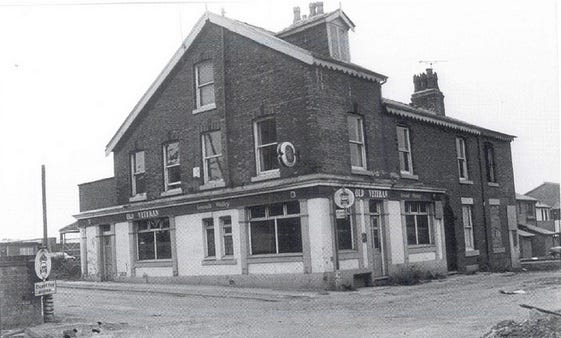Nostalgia Ain't What It Used To Be...
...But Then, It Never Was
“What we enjoy, and not possess,
Makes rich or poor.”
- William Henry DaviesThough I was born in Salford and lived there until I was twelve, I always consider the part of the Lancashire coast known as “The Fylde” to be home, because this is where I spent my teenage years and those years are so important in shaping who we feel we are.
Keep reading with a 7-day free trial
Subscribe to Bunking Off to keep reading this post and get 7 days of free access to the full post archives.



